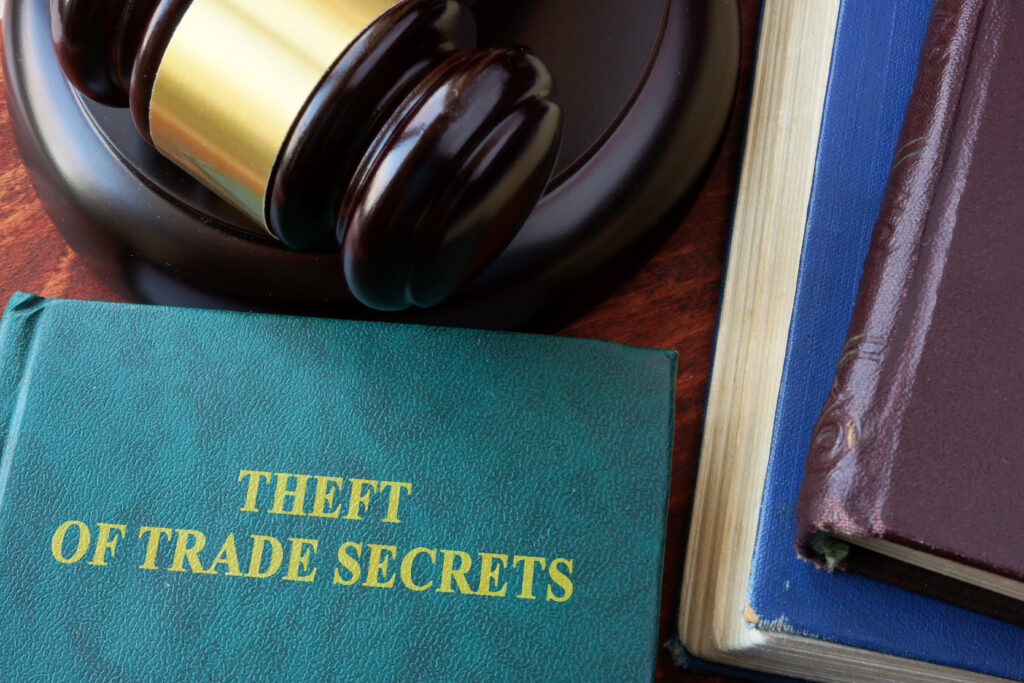PToren’s Blog Posts
The Sedona Conference’s Commentary on the Proper Identification of Asserted Trade Secrets in Misappropriation Cases.
Two of the more important issues in trade secret cases involve when the plaintiff is required to identify its alleged trade secrets, and the degree of specificity with which they must be identified. However, the DTSA does not address either of these issues and most state courts have not agreed on uniform standards. The degree…
Read MoreTrade Secret Litigation Reports: Four Years After the Enactment of the DTSA
This first appeared in IPWatchdog.com on May 18, 2020. “Regardless of the differences between the reports, they do highlight that there are many factors, apart from the merits of the case, that may have an impact on the final outcome, including and perhaps most importantly, where a trade secret case is filed.” On May 11,…
Read MoreAre Machines “Agents” for Purposes of the Patent Venue Statute (Part I)
This was originally published in IPWatchdog.com on April 14, 2020. “The Western District of Texas has now apparently become the venue of choice for filing patent infringement actions and it is forecasted to surpass the District of Delaware for the most new filings in 2020. While it is too soon to know if this part…
Read MoreD.C. Court Rules that a Violation of a Website’s Terms of Service Does Not Violate the Federal Computer Fraud and Abuse Act
Federal courts on a variety of levels and in a variety of jurisdictions have grappled with the question of what it means to “access a computer without authorization” and to exceed which is an essential requirement under many of the subsections of the Computer Fraud and Abuse Act. Now in Christian W. Sandvig v. Barr,…
Read MoreThe Scientist and the Spy by Mara Hvistendahl
The history of corporate espionage in the United States is not a recent development. At the beginning of the nineteenth century, the British textile industry was by far the largest in the world and was largely driven by its technological superiority especially the “Cartwright Loom,” which was considered the crown jewel of that industry. Using…
Read MoreLevandowski Agrees to Plead Guilty to Charges Under the EEA.
On March 19, 2020, Anthony Levandowski, a pioneer of self-driving car technology, announced that he worked out a plea deal with federal prosecutors to plead guilty to one count of trade secret theft under the Economic Espionage Act. His trial was set for January 2021. Levandowski also recently filed for bankruptcy protection citing a $179…
Read MoreThe Fragile Nature of Trade Secrets: Clues from the Courts on How to Keep Them
“While companies are not required to institute every security measure possible to ensure that their confidential information qualifies as a trade secret, the more security measures implemented, the greater the likelihood that courts will find that the trade secret owner undertook ‘reasonable measures.’” Trade secrets have become an increasingly valuable asset to many companies, but…
Read More
IP News
& Events
Uber must face a $1 billion trade secrets lawsuit after a San Francisco jury handed down a verdict Friday finding that an inventor timely brought his claim that the ride-hailing giant and its founder stole his business concept.Since the jury found Halpern timely filed his trade secrets misappropriation suit, the trial will proceed to a…
Read MoreReview of Key 2019 Trade Secret Decisions and Trends (Part II)
Part I of Key 2019 Trade Secret Decision and Trends, covered (1) Food Marketing Institute v. Argus Leader Media, 139 S.Ct. 2356 (2020) in which the Supreme Court held that commercial or financial information that is customarily and actually treated as private by its owner and provided to the government under an assurance of privacy…
Read MoreReview of Key 2019 Trade Secret Decisions and Trends (Part I)
In general, A trade secret is any information used in business if the owner has taken reasonable measures to keep such information secret, and the information derives independent economic value, from not being generally known to, and not being readily ascertainable through proper means by the public. Almost every state has adopted some form of…
Read More





